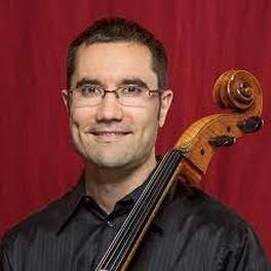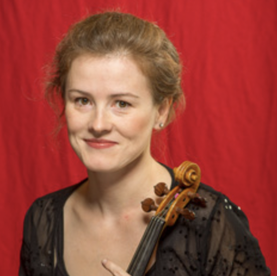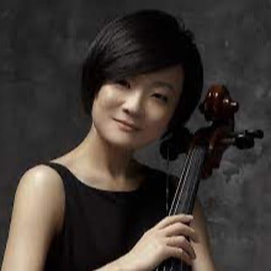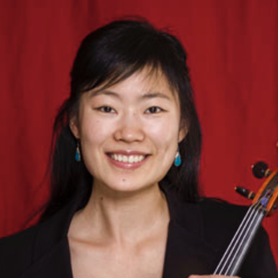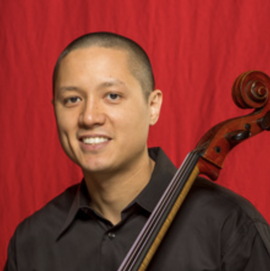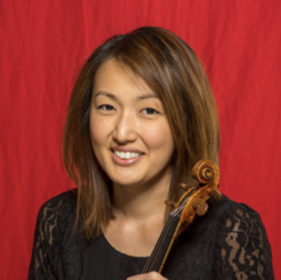No sweeter sound than the cello
David Popper: Requiem for 3 Celli and Piano, Op.66
Nadia Boulanger: 3 Pièces for Cello and Piano
I. Modéré
II. Sans vitesse et a l'aise
III.Vite et nerveusement rythmé
Lili Boulanger: Deux Morceaux for Cello and Piano
Aleksandr Borodin: String Trio in G minor
Robert Schumann: Piano Quintet Op.44
I. Allegro brillante
II. In Modo d'una Marcia. Un poco largamente.
III. Scherzo. Molto vivace — Trio I — Trio II
IV. Allegro ma non troppo
Nadia Boulanger: 3 Pièces for Cello and Piano
I. Modéré
II. Sans vitesse et a l'aise
III.Vite et nerveusement rythmé
Lili Boulanger: Deux Morceaux for Cello and Piano
Aleksandr Borodin: String Trio in G minor
Robert Schumann: Piano Quintet Op.44
I. Allegro brillante
II. In Modo d'una Marcia. Un poco largamente.
III. Scherzo. Molto vivace — Trio I — Trio II
IV. Allegro ma non troppo

